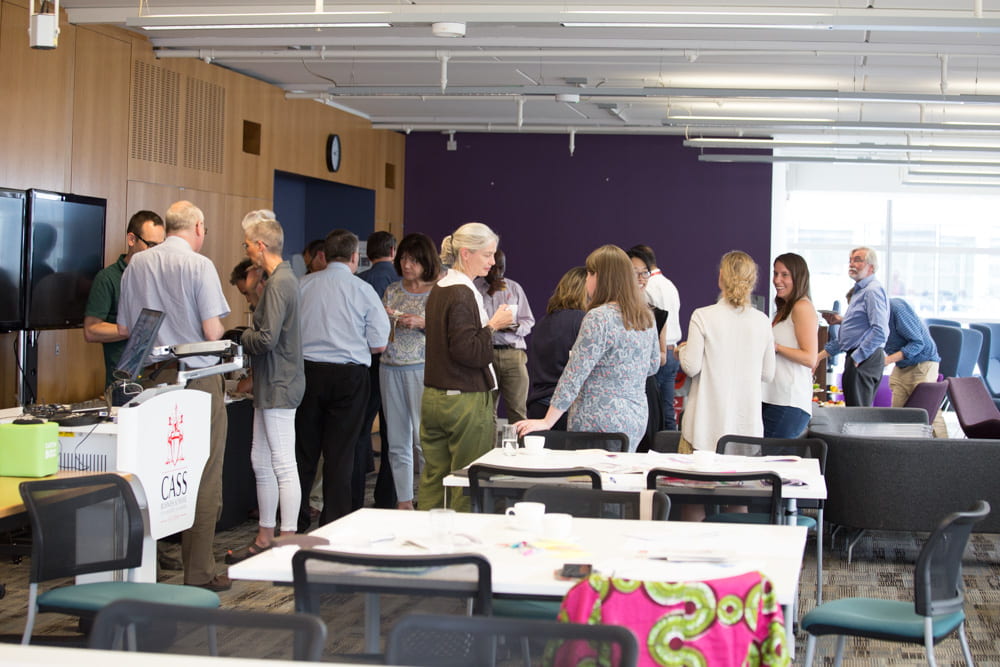With the rapid shift to online teaching, it is easy to forget that we’re now communicating with our students via software that was, in many cases, designed for business meetings rather than for education. A key feature of some of these platforms (a Microsoft Teams Meeting, for example) is dual-stream communication: speech and text in parallel, in the form of a spoken presentation and a chat thread. But…Continue Reading Is chat where it’s at?
Is chat where it’s at?




